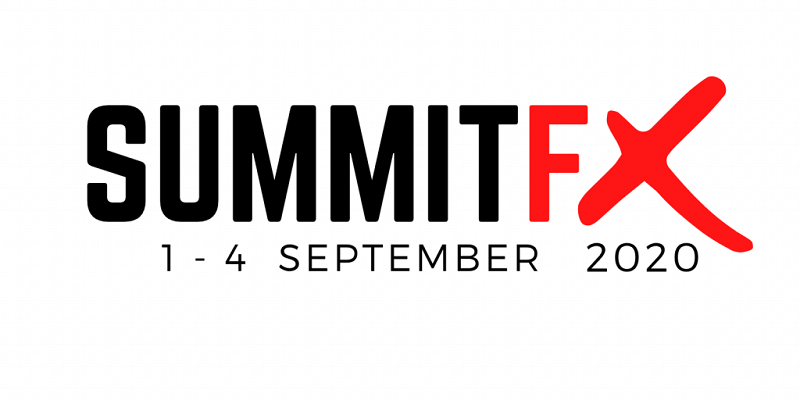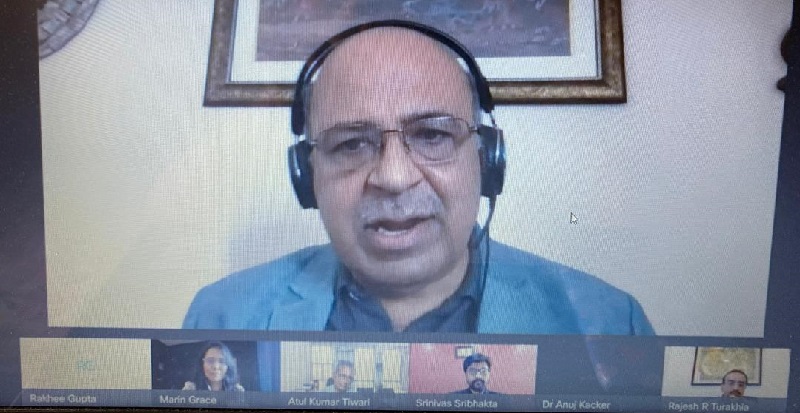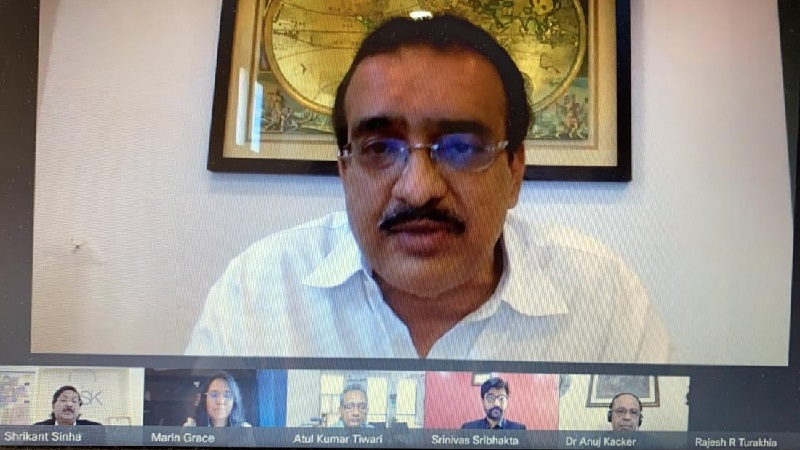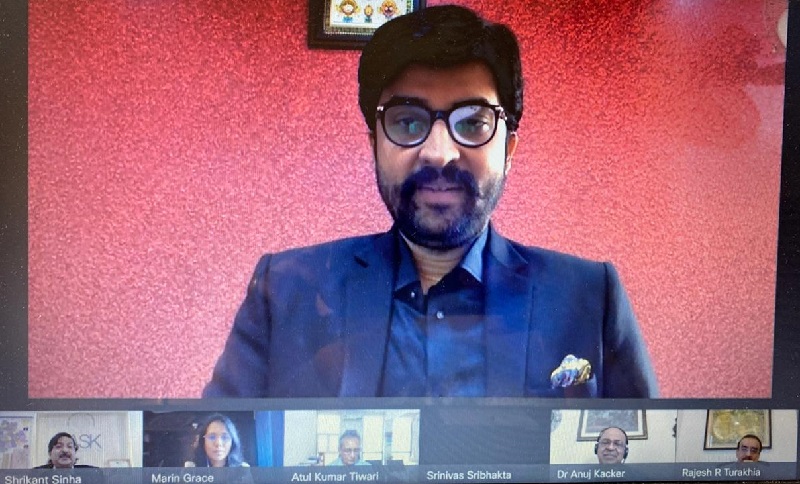
The second day of the CII SummitFX started with the panel on ‘Promoting Skills & Entrepreneurship’. Moderated by ABAI Centre of Excellence (CoE) secretary B S Srinivas, the panel hosted Aptech president and executive director Anuj Kacker; Accenture Interactive Advanced Technology Centre managing director and Experience Transformation Extended Reality lead Marin Grace; Frameboxx founder and director Rajesh R. Turakhia and Telangana Academy of Skill & Knowledge (TASK) CEO Shrikant Sinha, with a special address by Ministry of Information and Broadcasting additional secretary Atul Kumar Tiwari.
Grace spoke about the powerful convergence of marketing and technology in today’s marketplace to deliver new realities. She focused on Immersive Learning which has shown about 76 per cent increase in learning and retention in students as compared to traditional methods.
“One of the most compelling advantages of immersive learning is people do not have to worry about making a mistake. In the University School of Medicine in Atlanta, they use immersive learning for surgeons, which resulted in 40 per cent fewer mistakes and complications in surgeries. Learning evaluation is higher through this medium, and the benefits include lesser operational costs, no travelling or having expensive equipment for training. It also increases engagement and the benefits include mirroring real life citations and it also increases engagement and that leads to better analytics, device costs are getting lower so with the right strategies; experiential or immersive learning could bear fruit. With the right strategies on immersive learning, I think we can significantly improve the skills.” she noted.

Kacker, the president of a global Education and Training company, Arena Animation and MAAC, that has 800 centers in India and 40 countries including Africa, West Asia, South America, Russia and Southeast Asia focused on individual development of students and making them studio ready while reaching out to more students through EdTech (online classes) during the pandemic.
“We tend to give more focus to the ‘Tech’ part and less to the ‘Ed’ part. But we have to keep in mind that honing of individual skills is equally important. We’re now teaching and guiding students through animation, augmented reality (AR) and an app where students can create avatars, design characters. Pedagogy has to be in alignment with technology and the latter should evolve skills,” said he.
Turakhia pointed out that anticipating the extended lockdown and the tremendous growth in online learning and EdTech, they were fast enough to adapt to this change with the required infrastructure. “We have been conducting online classes since April 2020 and the attendance has been more. We had revamped the entire curriculum two years ago to suit the industry needs and so that students are up-to-date with the new, updated softwares. We are having six to seven hours classes daily and those are recorded for future use for them. Students and parents all are satisfied with the new normal,” he stated.

Although he rued that there’s not taking away from the physical contact and the team effort, he highlighted the advantages of the remote learning format too. He noted, “We don’t need to have large infractures and we can reach out to many more students from various geographies now so students can get the benefit of training.”
He also proposed an incubation center would be beneficial for students as well as the industry aided with government support, even helping students receive loans easily with lesser APR (annualised premium rate) which is otherwise difficult. With new education policies coming into effect which includes animation and VFX, Turakhia hopes that students will no more be treated as non-entities in the education system as these subjects are still not considered ‘mainstream’ and not recognised by Banks.
Srinivas mentioned that there’s an incubation center in Bengaluru under CoE and Technicolor which encourages students, new entrepreneurs to set up their businesses touching upon their pain points.

Panelists welcomed the NEP (new education policy) which has signaled a change in mindset. Sinha informed that Telangana has been in a great position as far as this industry is concerned, and is now creating an Image Tower spanning across 60,000 square feet of dedicated infrastructure which would open newer opportunities, dimensions for this community. He also perceived the pandemic to be the time of upskilling and reskilling the talent pool available. “Adaptability is the key and India has to be job creators and not only job seekers. This space has great potential and has already attracted several job openings. IndiaJoy, a collaboration between TVAGA and TASK has been an overwhelming success and we aim to provide an overview of the entire ecosystem as well as best possible solutions, including going back to basics. Technology is just an enabler but we have to allow the students to think creatively. The industry also witnessed a bump and there are 50,000 without jobs. So we need to learn, unlearn and relearn accordingly,” he added.
Turakhia on the other hand, emphasised on how COVID and the new ‘work from home’ culture would have a positive impact on the industry especially for freelancers who would be able to work on different projects from the comfort of their homes by investing smartly in a workstation, a culture much prevalent in the West. This would widen their portfolio, give them diverse options without being a benchtime animator or VFX artist. He further added that there will be major opportunities in Bollywood, Hollywood and other film industries for post-production works forTelangana.
Tiwary concluded by thanking the eminent panelists for their valuable inputs and transparent discussions which would enable India to rise into a new paradigm to content creation with significant contribution from AVGC, AR,VR, MR and AI (artificial intelligence) community. He promised all the help possible from the Government and to bring conducive solutions to the problems and concerns.
